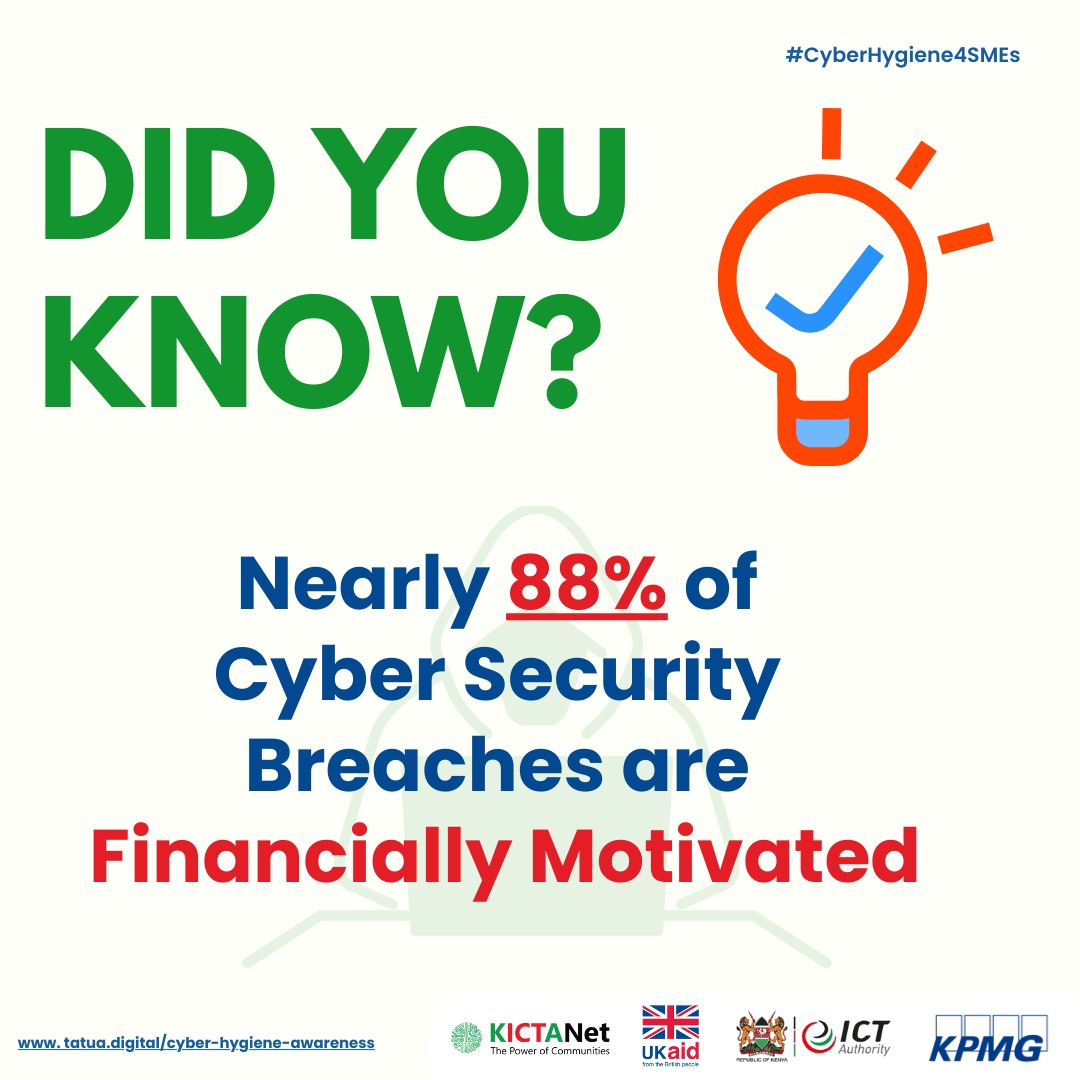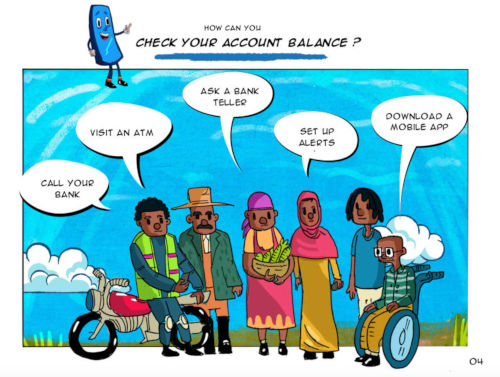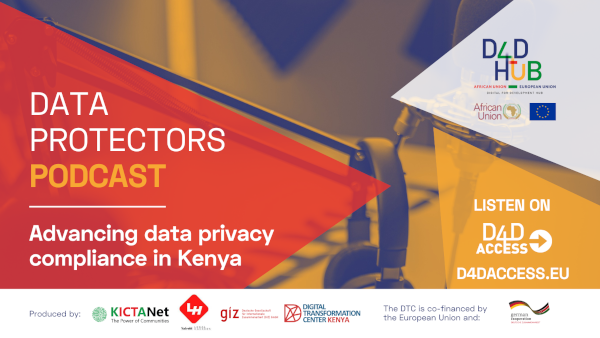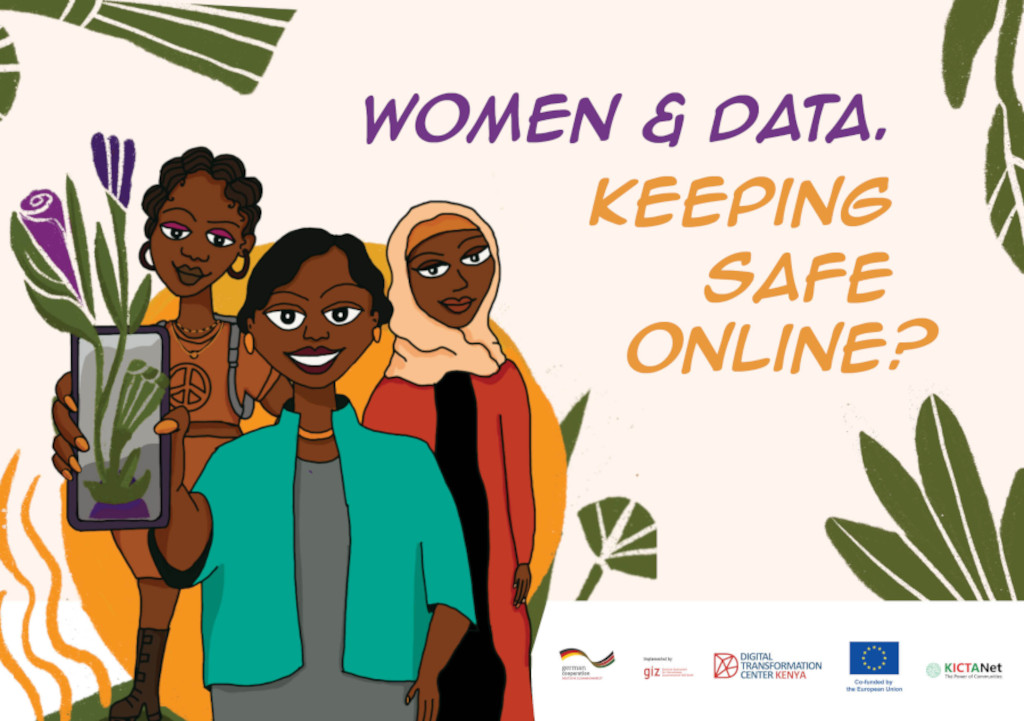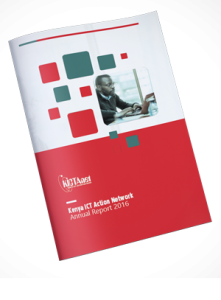KICTANET POST : Latest news, events & opportunities
Kenya to Transition from Digital Service Tax to Significant Economic Presence Tax
By John Walubengo Last week KICTANet dedicated and held one of its Thought Leadership Policy Discussion Series to the Finance Bill 2024, specifically regarding the digital tax aspects of it. There have been several analyses on the same, including one from KICTANet,...
KeIGF 2024: Shaping Kenya’s Digital Future Together
Join the 17th Kenya Internet Governance Forum (KeIGF) to discuss critical internet policy issues with government, private sector and civil society. Shape a secure, inclusive digital future for Kenya.
![]()
Building a More Inclusive Digital World: Key Takeaways from the CADE Project Panel Discussion
The CADE project, co-funded by the European Union, was a key focus of a recent panel discussion. Led by Stephanie Psaila (DiploFoundation), the project aims to empower civil society organizations (CSOs), particularly those from developing countries, to participate...
Kenya: Free Press Key to Battling Climate Misinformation
By Namarome Cecile Walubengo The fight against climate change requires not only scientific understanding but also clear, accessible communication. This urgency was echoed at the World Press Freedom Day 2024 held in Nairobi on May 2nd, 2024. The theme, "A press for the...
Building Digital Trust: The Power of International Standards
By Dr Grace Githaiga The Einstein Forum in partnership with the WSIS+20 FORUM organised the Einstein Roundtable High-end Thinker Roundtable in Geneva, Switzerland, on May 29th, 2024. The discussion topic was “Digital Trust in the Intelligent World.” Speakers were...
Kenya’s Digital Tax Tightrope: Balancing Revenue with Growth
Kenya’s proposed digital tax reforms raise privacy concerns, stifle innovation, and widen the digital divide. KICTANet offers solutions for a sustainable digital economy.
![]()
Digital Inclusion for All Requires A Deliberate Mind Shift
Kenya is taking a deliberate approach to creating a more inclusive digital society, particularly for people with disabilities. A recent workshop brought together experts to discuss accessibility, consumer protection, and the role of technology in empowering all citizens.
![]()
Why Digital Rights in Africa Is A Fight for Freedom
Despite the potential of digital tools, historical, social, and economic factors threaten free speech and online access in Africa. Activists call for reform to ensure a more democratic digital space.
![]()
Digital Rights: A Universal Concern, Not a “Western Agenda”
Digital rights are not exclusive to the Western world; they are a global issue. Many African leaders mistakenly perceive digital rights as a Westernized concept, causing significant repression and the dismissal of crucial digital rights issues. This...
KICTANet is a multi-stakeholder Think Tank for ICT policy and regulation. The Think Tank is a catalyst for reform in the Information and Communication Technology sector. Its work is guided by four pillars of Policy Advocacy, Capacity Building, Research, and Stakeholder Engagement.
KICTANet’s mission is to promote an enabling environment in the ICT sector that is robust, open, accessible, and rights-based through multistakeholder approaches.
During the 2022 – 2024 strategic period, KICTANet has prioritised the promotion of effective multistakeholder participation; an enabling legal, policy and regulatory environment; building capacities and empowered communities; and institutional strengthening. KICTANet’s guiding philosophy encourages synergies in ICT policy-related activities and initiatives. As such, the network provides mechanisms and a framework for continuing cooperation, engagement and collaboration in ICT matters among industry, technical community, academia, media, development partners, civil society and government.
_____
Strategic Priority.
- Convening power. To strengthen and promote engagement, collaboration and relationships with relevant stakeholders (state, business and non-state actors).
- Promoting an enabling environment. To catalyse policy, legislative and regulatory reforms in the ICT sector.
- Building capacities and empowered communities. To build the capacity of the stakeholders across government, business society and civil society and the citizens.
- Institutional strengthening.
The report outlines the work undertaken in between 2007 and 2016 which is underpinned by crowd sourcing and community engagement
Click here to download the report
FACTS AND FIGURES
Achievement of the Network over the Years
Publications
Thought Leadership Forums
Persons trained
Policy Interventions
Conversations in KICTANET listserv
Active listers contributing often
Different conversation threads
Impressions on ICT policy discussions
Our Pillars
KICTANet’s organisational strategy:
Policy Advocacy
Capacity building
Research
Stakeholder engagement
We facilitate stakeholder engagement through collaborative initiatives in face-to-face Town Hall meetings, and in the KICTANet?s interactive mailing list where multiple stakeholders engage regularly on ICT policy issues.


